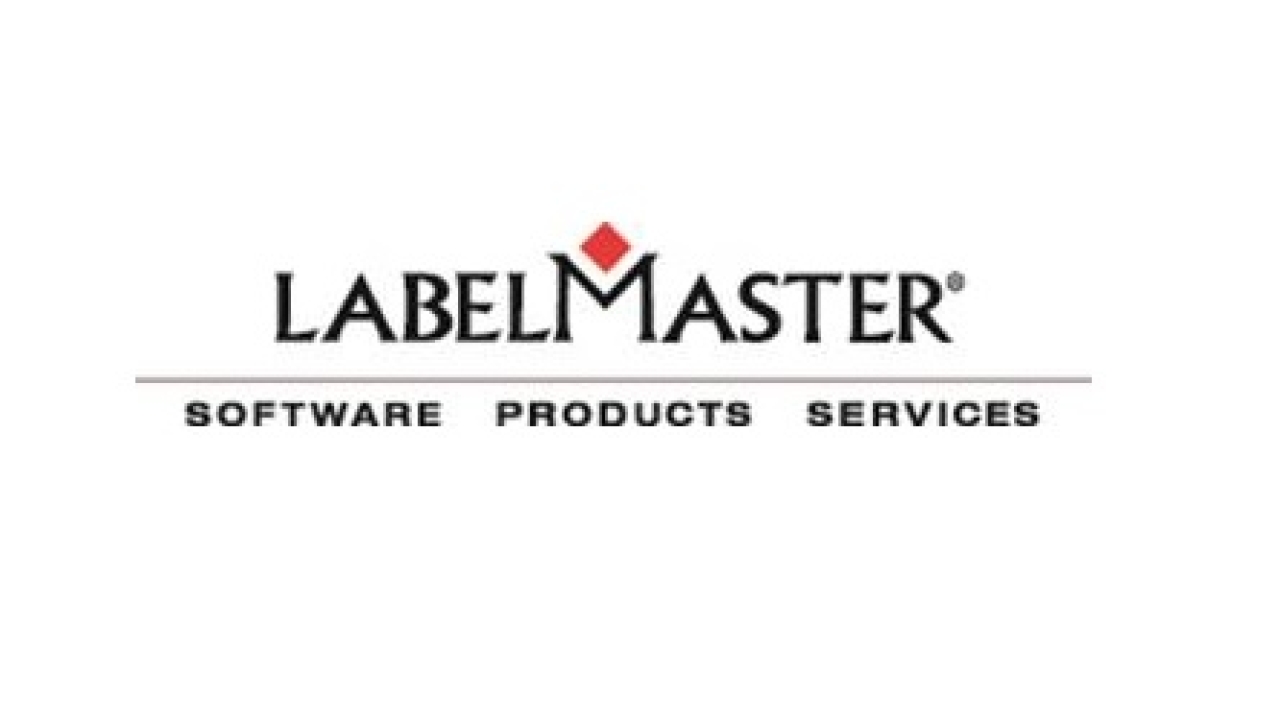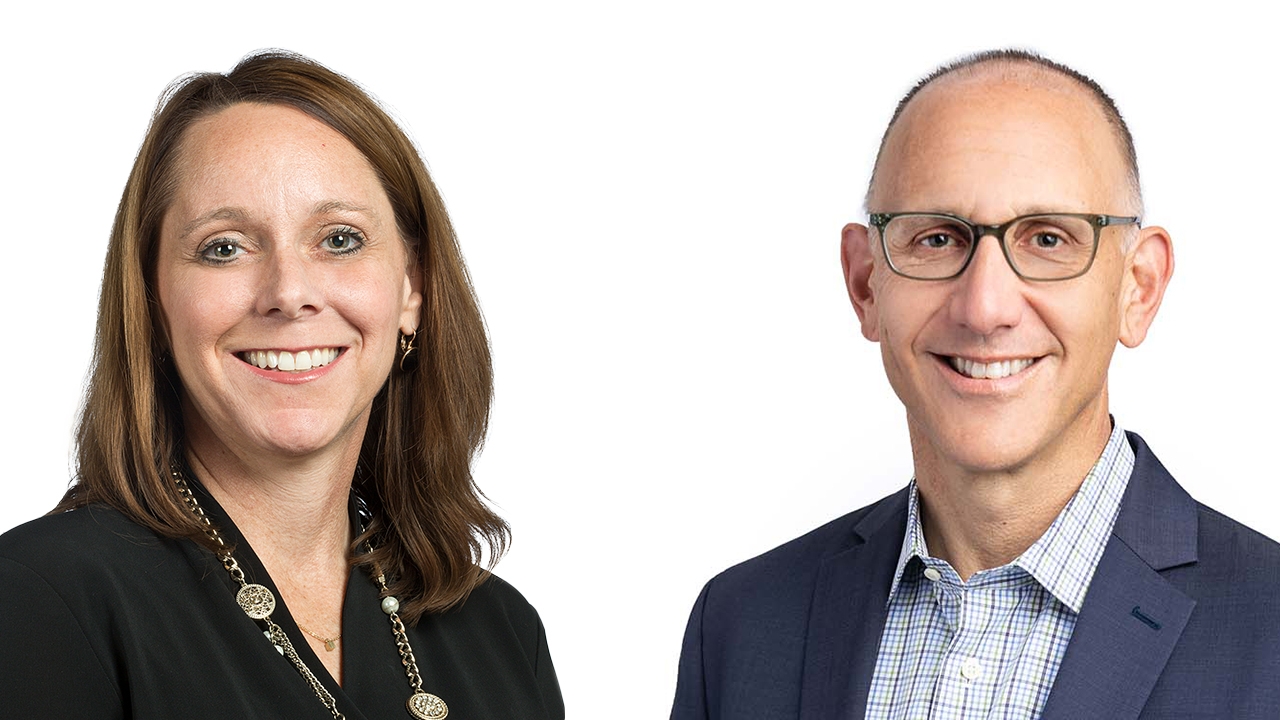Labelmaster celebrates 50th anniversary
Labelmaster is celebrating its 50th anniversary in 2017, and marking a half-century of supporting companies that ship hazardous materials on land and sea, and through air.

Founded in 1967 as Modular Products by entrepreneur Harry Fund, the company’s first products were labels for transportation companies. Fund saw the need for labels offering instructions on care and safe shipping after the US Department of Transportation (DOT) released new regulations regarding the transportation of hazardous materials. Soon after, the company introduced placards for trucks stating that hazardous materials were onboard.
‘Our first products seem relatively obvious now,’ says Alan Schoen, president of Labelmaster. ‘But back then, we were breaking new ground.’
The placards were in such demand that Labelmaster was soon established as a trade name in 1970. That same year, it offered the Spacemaster 100, a flip placard system allowing trucks and tankers to easily display various signage indicating that dangerous goods were on board. The system, developed by Labelmaster engineer Abe Samuels, proved a critical help to first responders responding to accidents involving dangerous goods.
After venturing into the commercial printing business in 1991, the company spent the next nine years in the commercial printing industry while supporting companies that shipped dangerous and hazardous goods. It later acquired a company that provided OHSA, DOT and EPA regulatory information to customers electronically.
‘We sent our customers updates on floppy discs every quarter,’ Schoen said. ‘This was before the rise of the Internet. We were high-tech at the time!’
In 1997, a large, recognizable delivery service approached Labelmaster seeking help and guidance. The shipping giant was finding it difficult to transport dangerous goods. Incidents and injuries forced the company to refuse any hazmat packages. In response, Labelmaster developed a revolutionary computerized system that verified and validated that packages complied with regulations. The system was perfected and eventually called Masterform. It proved to be a breakthrough product and was introduced in the company’s software product line in 1998. The following year, Labelmaster decided to sell the printing company and focus solely on the growing business of providing regulatory support to customers that shipped dangerous goods.
‘We saw where the future was,’ Schoen said. ‘We knew the potential was there so we went in that direction fast and hard. We knew we could have an impact and make a difference.’
In 2002, Labelmaster introduced its Custom Express website and in 2005, it established the industry’s first Dangerous Goods Symposium (DGS) for trainers’ in the industry. The conference has since grown from a handful of attendees to nearly 300. Featuring speakers, interactive training workshops and networking opportunities, attendees from around the world attend to learn about critical regulatory updates, participate in interactive training workshops and network with industry peers.
In 2007, the company introduced Labelmaster consulting services, which helps customers understand and assess their complete product portfolio ensuring correct hazmat labeling so goods could move safely and efficiently.
In 2009, Labelmaster introduced the Dangerous Goods Information System (DGIS), a comprehensive dangerous goods/hazmat shipping software. In addition to being certified FedEx DG ready, it integrates with ERP and shipping software systems to save time and keep customers compliant no matter where goods have to ship. The product, which integrates with SAP, is today the company’s primary electronic offering.
‘We’ve come a long way since our first labels,’ said Schoen. ‘We’ve evolved as our industry has evolved. Innovation is – and always has been – the key. We’re always looking for new products and services that make DG shipping safer and new systems ensuring our customers’ shipments are compliant with the ever-changing rules and regulations.
‘We’re proud of our history and the impact we’ve had, and we’re excited about the future. The best, we believe, is yet to come.’
Stay up to date
Subscribe to the free Label News newsletter and receive the latest content every week. We'll never share your email address.

